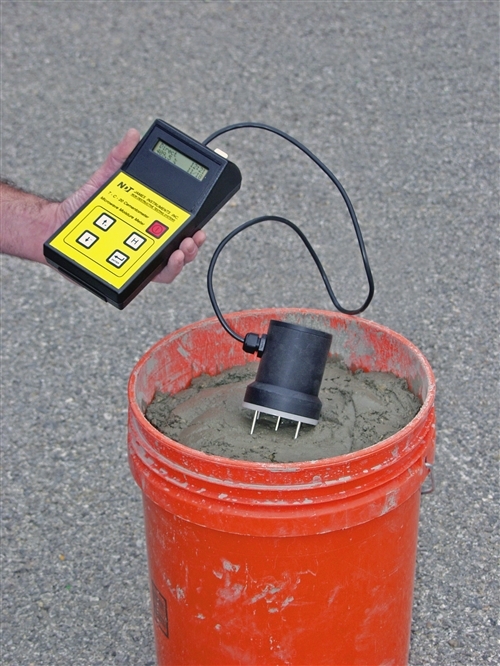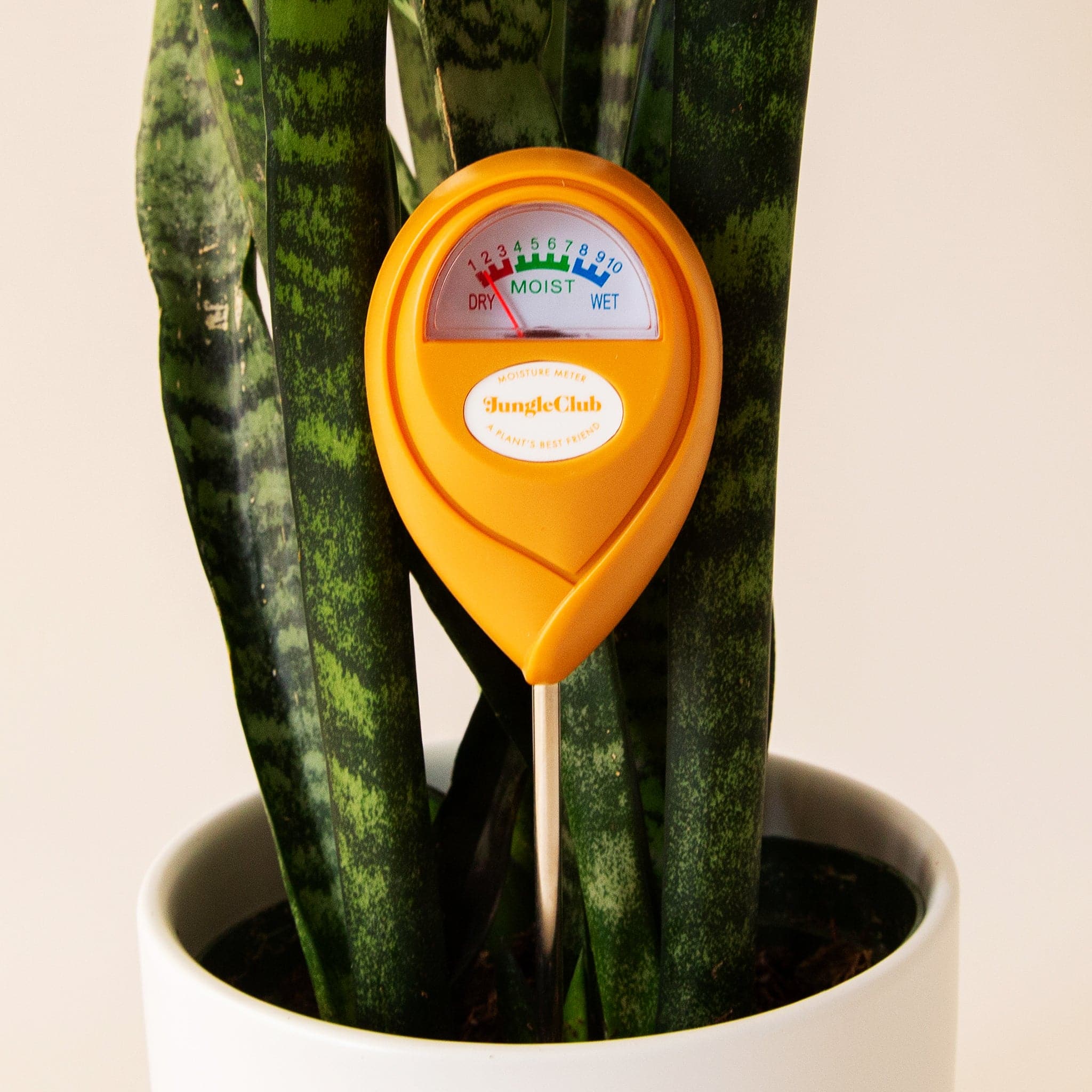Recognizing the Various Kinds Of Moisture Meters and Their Applications
Wiki Article
The Ultimate Guide to Moisture Meters: A Comprehensive Summary and Just How They Can Conserve You Money
In the realm of building maintenance, building and construction, and numerous industries, the significance of properly measuring wetness levels can not be overstated. Dampness meters act as crucial tools in identifying and monitoring moisture content in materials, assisting in stopping costly damages and making sure the high quality of items. Recognizing the subtleties of various sorts of dampness meters, their applications, and the prospective cost-saving advantages they use can be a game-changer for experts and services alike. Finding how these tools can not just simplify processes but also add to economic cost savings is a trip worth beginning on.Sorts Of Dampness Meters
Numerous sorts of dampness meters are offered for various applications in numerous sectors. One common type is the pin-type dampness meter, which measures the electrical resistance in between 2 pins put into a product. This kind appropriates for wood, drywall, and other structure products. Pinless moisture meters, on the various other hand, usage electro-magnetic sensing unit plates to scan a bigger area without creating damage to the product's surface area. Moisture Meter. These meters are perfect for rapidly analyzing moisture degrees in large areas such as floors and wall surfaces.
Additionally, there are also specialty moisture meters created for specific products like dirt, grain, or hay. These meters give accurate moisture analyses tailored to the unique properties of the product being checked. Infrared wetness meters determine the thermal homes of a product to determine its wetness material non-invasively, making them useful for applications where pin or pinless meters might not be ideal. Understanding the different kinds of moisture meters readily available can help sectors pick the most ideal device for their details moisture measurement needs.

Benefits of Making Use Of Wetness Meters
Moisture meters use important advantages in accurately examining and monitoring wetness degrees in diverse products and atmospheres (Moisture Meter). One of the primary benefits of using wetness meters is the avoidance of possible damages brought on by excess dampness. By finding and resolving high dampness levels beforehand, dampness meters help to avoid mold and mildew growth, rot, and architectural damage in structures, conserving both time and cash on repair work. Furthermore, moisture meters aid in making certain the quality of materials during building and construction or production procedures. By accurately determining moisture web content, these devices assist maintain the stability of timber, drywall, concrete, and various other materials, lowering the threat of failures or issues.
Moreover, utilizing moisture meters can lead to increased power efficiency. In farming setups, wetness meters play an essential function in enhancing crop returns by making it possible for farmers to keep track of soil wetness levels and make informed irrigation decisions.
How to Choose the Right Moisture Meter
Picking the appropriate moisture meter includes taking into consideration key aspects such as product compatibility, dimension range, and calibration accuracy. When selecting a dampness meter, it's important to make sure that the meter appropriates for the specific material you will be testing. Various products have differing electrical properties that can affect moisture readings, so selecting a meter designed for your material is essential for precise results. Additionally, take into consideration the dimension series of the dampness meter. Guarantee that the meter can detect wetness degrees within the variety required for your applications. Calibration accuracy is an additional critical aspect to bear in mind. Go with a dampness meter with reliable calibration to ensure precise and consistent analyses. Some meters might need regular calibration modifications, so comprehending the calibration process is very important. By carefully evaluating these factors, you can pick a wetness meter that satisfies your needs and provides exact wetness measurements for your jobs.Correct Techniques for Dampness Meter Usage

Expense Cost Savings With Moisture Meter Applications
Exactly how can the tactical usage of wetness meters result in significant cost financial savings throughout numerous sectors? Wetness meters play a crucial duty in expense savings by avoiding potential damages and making sure high quality control in different industries. In the agriculture sector, wetness meters aid in determining the optimum time for collecting crops, preventing over-drying or excess dampness that can influence the end product's top quality. This exact monitoring aids farmers prevent unnecessary losses and optimize their yield.
Similarly, in construction, wetness meters assist stop pricey damages by spotting wetness degrees in building materials, such as wood or concrete, which can bring about architectural concerns if not resolved quickly. By recognizing problem areas beforehand, professionals can take rehabilitative measures to prevent considerable repairs or replacements, inevitably saving money and time.
Moreover, in the food handling industry, wetness meters are essential for keeping an look at here now eye on item quality and guaranteeing conformity with safety and security regulations. By precisely determining dampness content in foodstuff, makers can protect against wasting, maintain freshness, and decrease waste, leading to considerable price financial savings. On the whole, the strategic application of moisture meters is an important financial investment that can cause considerable expense decreases and enhanced effectiveness across different markets.
Final Thought
In final thought, wetness meters are useful tools for identifying and gauging dampness degrees in numerous products. By utilizing the right moisture meter and following proper techniques, users can effectively avoid expensive damages triggered by excess dampness. Spending in a quality moisture meter can lead to significant price financial savings in the lengthy run by recognizing potential issues early and allowing punctual removal. Inevitably, dampness meters are essential tools for maintaining the stability and durability of structures and products.Wetness meters serve as crucial tools in discovering and keeping track of moisture material in he said materials, assisting in avoiding pricey damages and making sure the top quality of products. Infrared wetness meters gauge the thermal properties of a material to identify its dampness content non-invasively, making them beneficial for applications where pin or pinless meters might not be suitable.Wetness meters use invaluable advantages in precisely analyzing and keeping track of moisture levels in diverse materials and settings. In farming settings, moisture meters play an important duty in maximizing crop yields by allowing farmers to check dirt moisture levels and make notified watering choices.In conclusion, dampness meters are valuable tools for finding and measuring moisture levels in various materials.
Report this wiki page